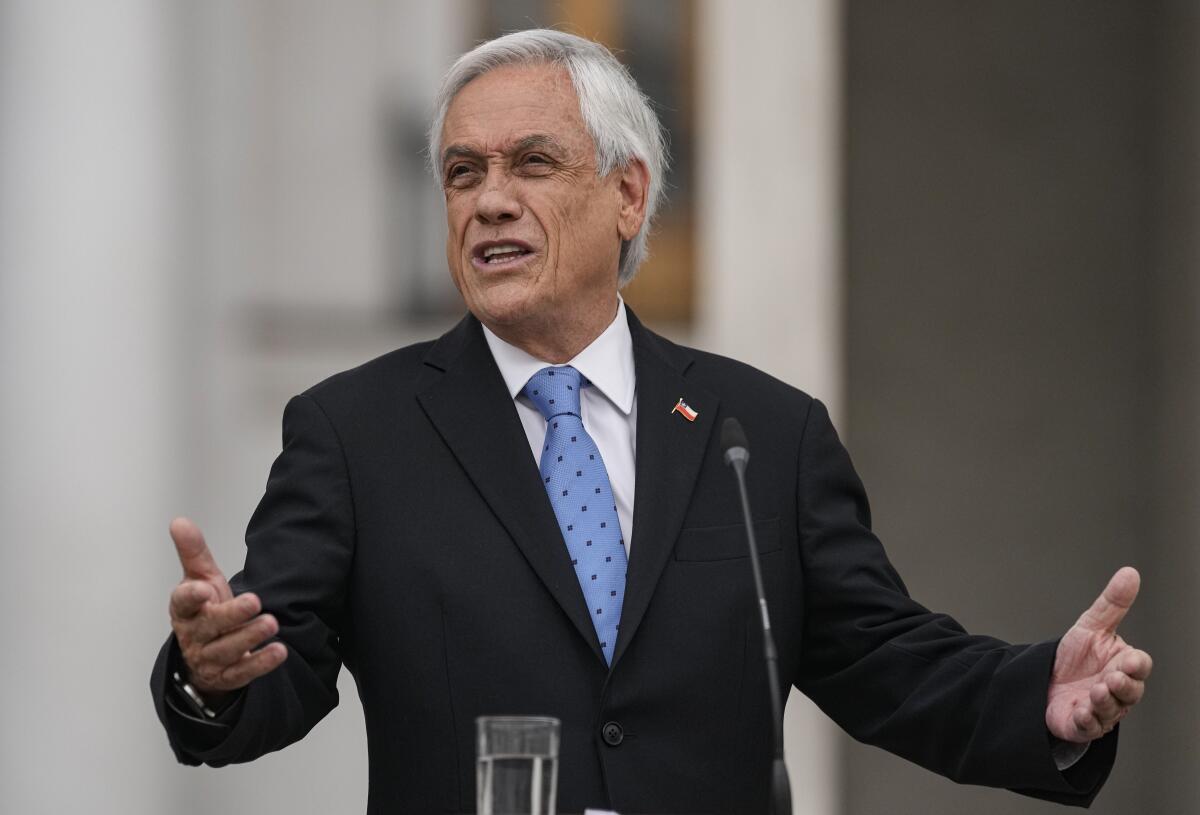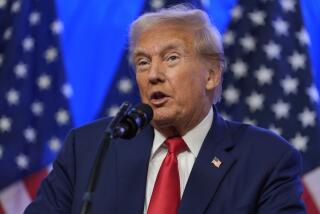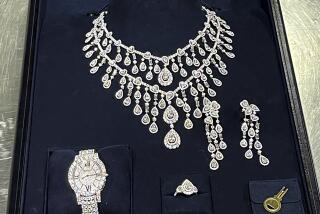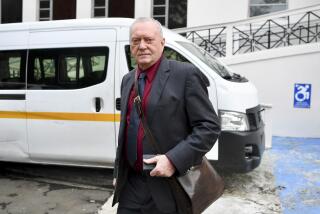A look at world leaders named in the Pandora Papers

A global investigation has revealed how the rich and powerful have being hiding their investments in mansions, exclusive beachfront property, yachts and other assets for the past quarter-century. Collectively these assets are worth trillions of dollars.
The investigation, dubbed the Pandora Papers, was published late Sunday and involved 600 journalists from 150 media outlets in 117 countries.
The report by the International Consortium of Investigative Journalists brought promises of tax reform and demands for resignations and investigations, as well as explanations and denials from those targeted.
Here is a look at some of some of those named in the investigation.
Jordan
The investigation found that advisors helped King Abdullah II of Jordan set up at least three dozen shell companies from 1995 to 2017, helping the monarch buy 14 homes worth more than $106 million in the U.S. and the U.K. One was a $23-million California ocean-view property bought in 2017 through a company in the British Virgin Islands, a tax haven in the Caribbean.
On Monday Abdullah denied any impropriety in his purchase of luxury homes abroad.
The allegations come as Abdullah seeks international aid to pull his impoverished country out of recession and could unsettle Jordan’s critical relationship with the international community. The country is seen as a stable, pro-Western bulwark in a volatile region — but it relies on billions in aid.
United Kingdom
Tony Blair, U.K. prime minister from 1997 to 2007, became the owner of an $8.8-million Victorian building in 2017 by buying a British Virgin Islands company that held the property, and the building now hosts the law firm of his wife, Cherie Blair, according to the investigation.
The two bought the company from the family of Bahrain’s industry and tourism minister, Zayed bin Rashid al-Zayani. Buying the company shares instead of the London building saved the Blairs more than $400,000 in property taxes, the investigation found.
The Blairs denied any wrongdoing, with the couple’s spokesperson saying “the Blairs pay full tax on all their earnings. And have never used offshore schemes either to hide transactions or avoid tax.”
Pakistan
Members of the inner circle of Pakistani Prime Minister Imran Khan are accused of hiding millions of dollars in wealth in secret companies or trusts, according to the journalists’ findings.
Khan, who is not accused of any wrongdoing, vowed to recover the “ill-gotten gains” and said his government will look into all citizens mentioned in the documents and take action, if needed.
Czech Republic
In 2009, Andrej Babis, the Czech prime minister, put $22 million into shell companies to buy a chateau property in a hilltop village in Mougins, France, near Cannes, the investigation found. The shell companies and the chateau were not disclosed in Babis’ required asset declarations, according to documents obtained by the journalism group’s Czech partner, Investigace.cz.
A real estate group owned indirectly by Babis bought the Monaco company that owned the chateau in 2018, the probe found.
Babis has denied any wrongdoing. He said the report was meant to harm him ahead of the Czech Republic’s parliamentary election being held on Friday and Saturday.
Montenegro
Montenegro’s President Milo Djukanovic and his son in 2012 allegedly established a trust and hid their wealth in a complicated network of companies, according to the investigation.
Djukanovic’s office said that he did establish a business trust with his son in 2012, while not in office. After he became the prime minister later the same year, Djukanovic transferred all the rights to his son, the office said. While Djukanovic was one of the owners there had been no business transactions, they said.
Djukanovic has been a key Western ally in efforts to move the volatile Balkan region closer to Euro-Atlantic integration and away from Russia. After steering Montenegro to independence from Serbia in 2006, Djukanovic led his nation of 600,000 into NATO in 2017.
Montenegro is now seeking European Union membership.
On Monday he faced calls to resign.
Chile
The leaked documents revealed Chilean President Sebastián Piñera, one of the country’s wealthiest men, used offshore companies in the British Virgin Islands for dealings involving the Dominga mining project, which his family co-owned in part with a friend.
The final payment on the mine’s sale in 2011 hinged on the government declining to declare its location in north-central Chile a protected natural reserve, according to the report. The government — at that time headed by Piñera — did not do so, despite appeals from environmentalists, nor did subsequent governments.
When investigators looked into the case a few years later, Piñera said he had not been involved in managing the companies and had not even realized the connection with Dominga.
A statement issued Sunday from the president’s office noted that prosecutors and courts decided in 2017 that no crime had been committed and Piñera had not been involved. It noted his first stint as president hadn’t started when the sale was agreed in 2010. Piñera’s holdings are now managed in a blind trust, according to the statement.
Lebanon
Lebanon’s billionaire prime minister, Najib Mikati, cropped up in the Pandora Papers while the country is embroiled in a wrenching financial crisis.
The documents show that Mikati, a businessman who formed a new government last month, owns a Panama-based offshore company that he used to buy property in Monaco in 2008 worth more than $10 million.
Mikati’s son Maher was a director of at least two British Virgin Islands-based companies, which his father’s Monaco-based company, M1 Group, used to own an office in Central London, according to the report.
Mikati’s media advisor, Fares Gemayel, declined to comment. He referred to Maher Mikati’s response to the journalistic consortium, framing it as a common practice for people living in Lebanon to use offshore companies “due to the easy process of incorporation.” Maher Mikati denied any intent to evade taxes.
Brazil
The documents showed Brazilian Economy Minister Paulo Guedes had multimillion-dollar investments in an offshore company named Dreadnoughts International in the British Virgin Islands.
In a statement sent through his press office, Guedes said he provided all the necessary information to the Public Ethics Commission when he took office in the government in 2019.
“His actions have always respected the applicable legislation and have been guided by ethics and responsibility,” the statement said, adding that Guedes “has disassociated himself from all his activities in the private market” since then.
Russia
Konstantin Ernst, an image-maker for Russia President Vladimir Putin and chief executive of the country’s leading TV station, got a discount to buy and develop Soviet-era cinemas and surrounding property in Moscow after he directed the 2014 Winter Olympics in Sochi, according to the leaked documents. Ernst told the organization the deal wasn’t secret and denied suggestions he was given special treatment.
The Kremlin hasn’t seen anything extraordinary in the Pandora Papers’s revelations about Russia, Kremlin spokesman Dmitry Peskov said Monday. Peskov described the findings “a set of rather unfounded statements” that raised questions whether the information can be trusted.
“If there are any serious publications that are based on something, that cite something specific, we will look into them with the interest. At this point we don’t see a reason to,” Peskov said.
More to Read
Sign up for Essential California
The most important California stories and recommendations in your inbox every morning.
You may occasionally receive promotional content from the Los Angeles Times.










